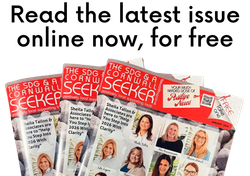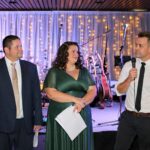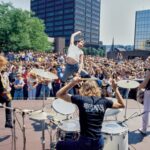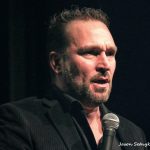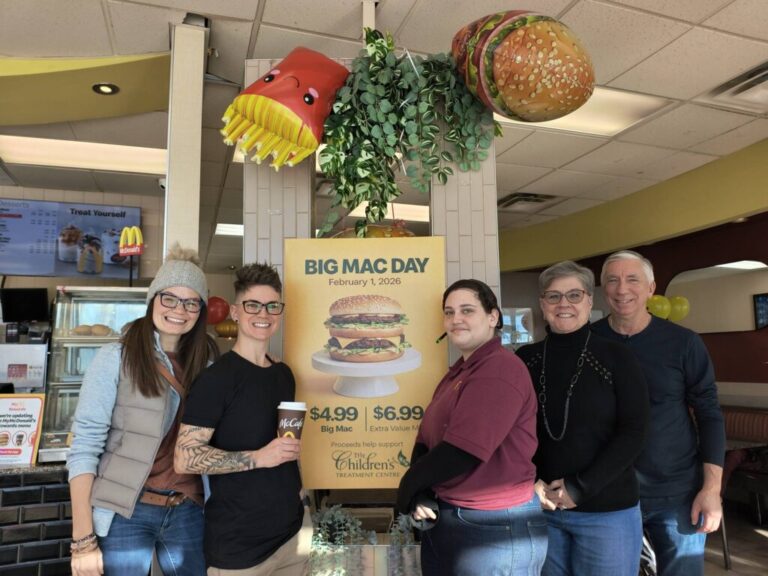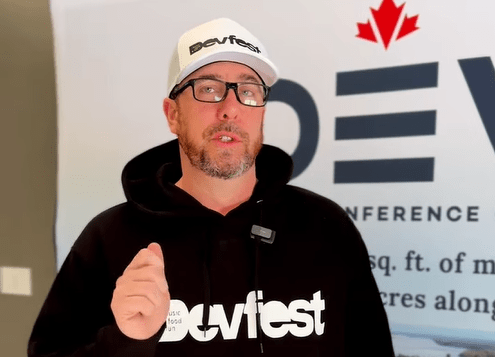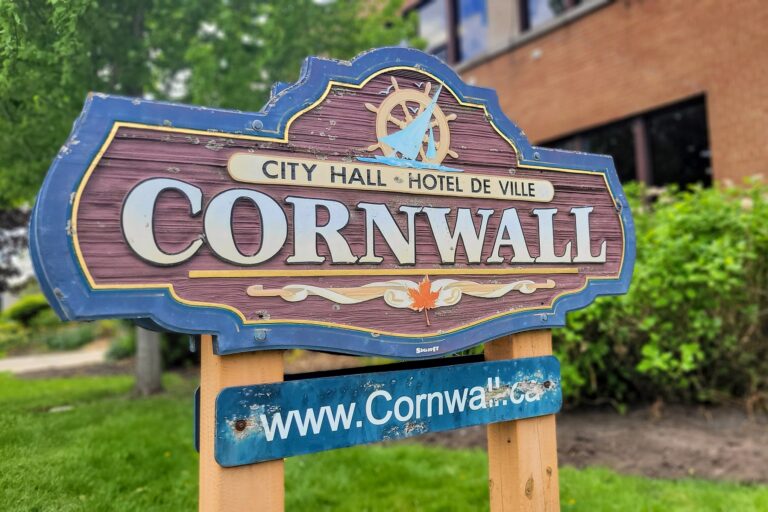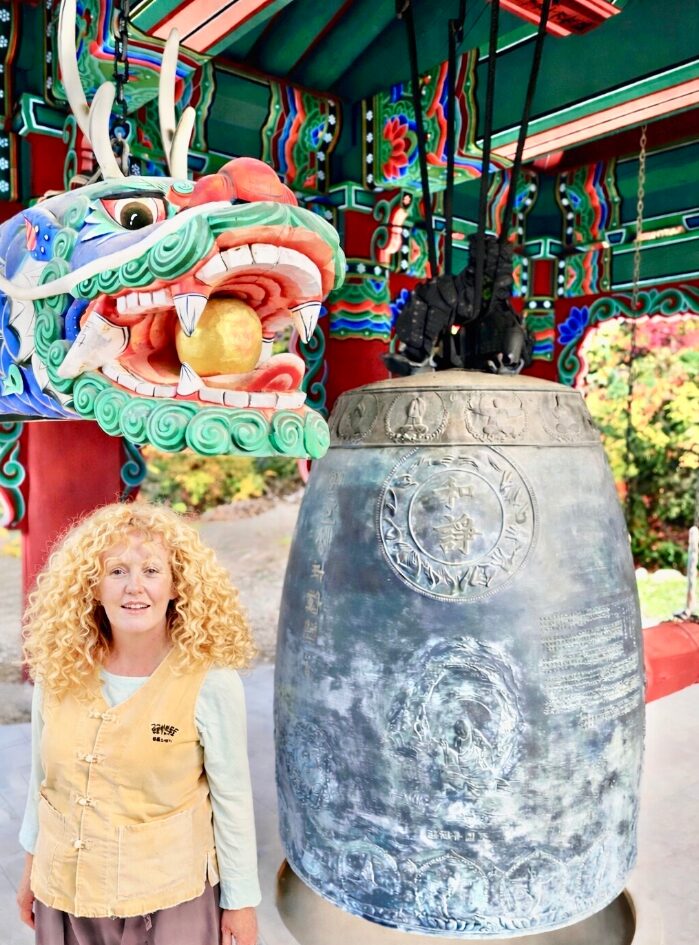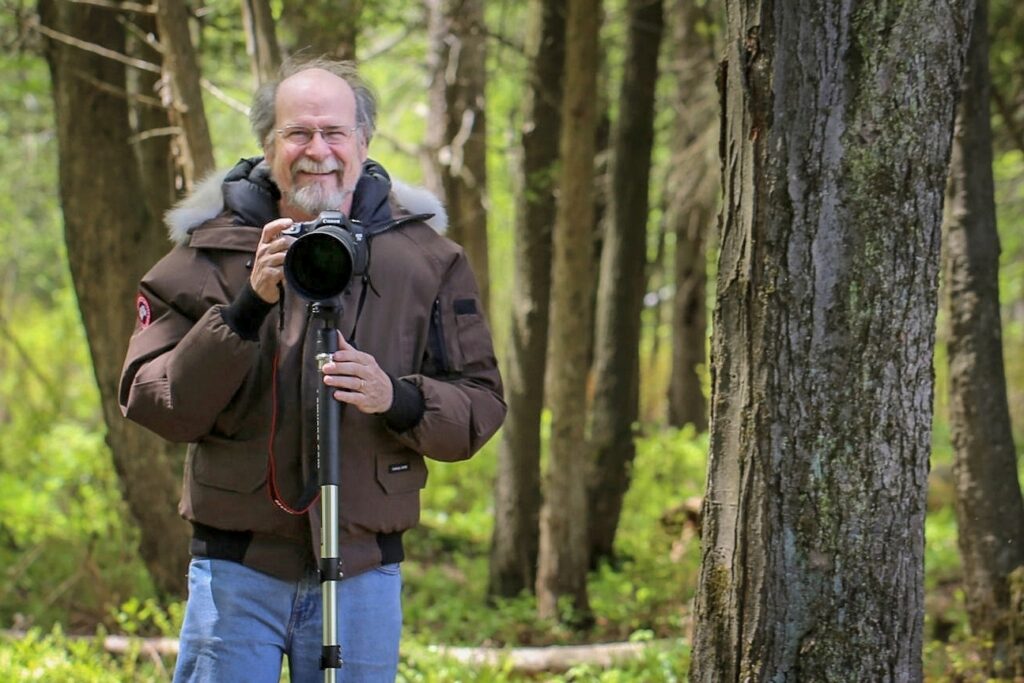
Interview by Jason Setnyk | Submitted Photo
Morrisburg, Ontario – John Lester is a self-taught photographer who has proven that formal training is not always a prerequisite for producing awe-inspiring photographs. Lester’s photographic odyssey began at 17 when he first picked up a camera. With no formal education in photography, he embarked on a path of self-discovery, harnessing the power of online resources to fuel his creative vision. Instead of delving into camera manuals, Lester turned to the endless trove of tutorials and inspiration on YouTube, finding that visual learning resonated more with him.
Lester’s versatile portfolio encompasses landscape, nature, real estate, and street photography. His ability to adapt to various genres showcases his dedication to mastering different styles and techniques. He’s equally at ease capturing the serene beauty of a countryside landscape or the vibrant energy of a bustling city street.
Before fully immersing himself in photography, Lester had a successful career as the owner of JL Computers, a local computer store. During this time, he had the opportunity to experiment with a range of digital cameras, laying the groundwork for his photography journey. After much trial and error, he found his brand of choice in Canon, though he is quick to emphasize that the camera itself does not define the photographer.
In addition to his online self-education, Lester has also taken strides to share his knowledge with the local community. He has conducted Introduction to Digital Photography classes at the South Dundas town hall, aiming to inspire others to explore the world of photography and ignite their creative potential.
Five Questions with The Seeker
1 – Tell us about your creative process.
“A simple process is always best. Trying to edit too much can make the image look cooked and fake. With the current rise in AI, there is a concern that “everything” is fake, and I try to remain faithful to reality without allowing the image to be boring.”
2 – What is your favorite piece of photography that you’ve created, and why is it your favorite piece?
“While street photography is what I do least, one of my favorite images was taken in Kingston on Princess Street. The image shows the contrast between street people talking on the bench and the coffee drinker in the restaurant. It wasn’t until the processing started that I noticed the reflection of the busker across the street was also in the image. Sometimes it’s nice when a photo tells a story as well as being a pretty picture.”
3 – Do you have any tips or advice for photographers just starting?
“Tips for the new photographer? There are only two: take lots of photos, experiment with settings like ISO, Shutter Speed, and F stop setting, and don’t be shy to ask a more experienced photographer for a real critique, not just a vague thumbs up. You learn by making mistakes.”
4 – What are your thoughts on Photoshop and heavily editing pictures versus making minor adjustments in Lightroom?
I use Photoshop exclusively and minimally. While Photoshop has hundreds of features, there are very few that I use on a regular basis. Just because Photoshop can do heavy editing and photo manipulation doesn’t mean you have to do that. Normal photo processing takes me less than 2 minutes. Some feel that editing an image in Photoshop or any other editing program is not right, perhaps cheating. In my opinion Photoshop is a tool like a painter’s brush, just a tool to create some visual art.”
5 – How has your photography changed compared to when you first started?
“Photography is, like any art form, a continual learning experience. My photography has matured with time and experimentation. The basics of exposure, depth of field, and shutter speed have been fully engrained and don’t require much thought now, and I can concentrate on the composition and message of the image.”

